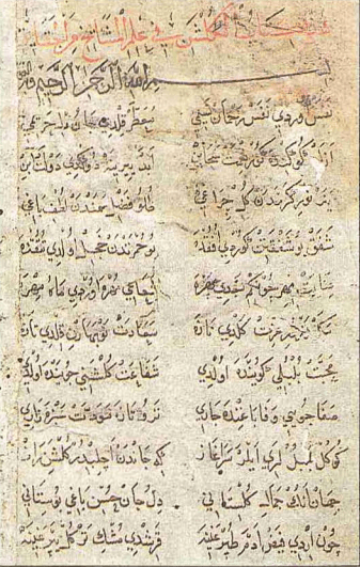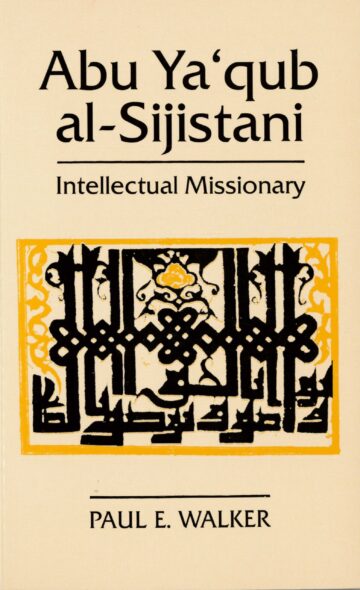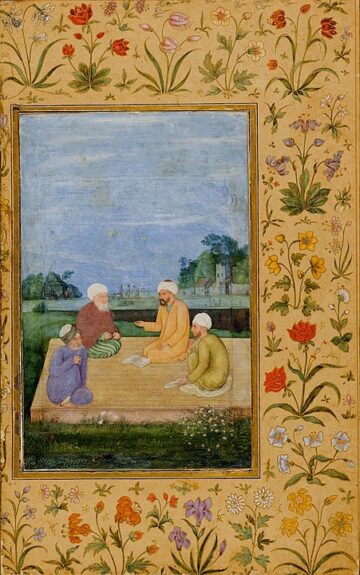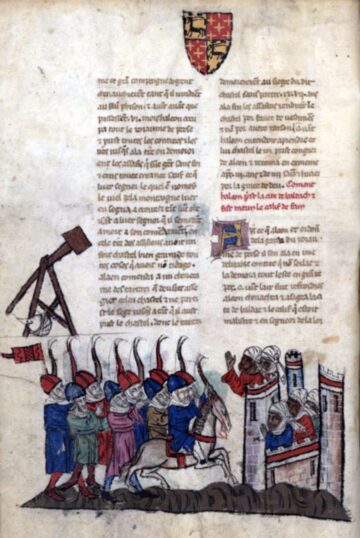Keywords: Ethics, Sunnah, Reason, Mutazila, Sunni, Shia, Sufism, Muslim Philosophers
Introduction
Islam is among the youngest of the world’s major religions, belonging to the family of monotheistic faiths that also includes Judaism and Christianity. From its beginnings in what is now Saudi Arabia over 1,400 years ago, it has grown and spread to include almost a billion adherents, living in virtually every corner of the world. Though the majority of Islam’s followers, called Muslims, are found in the continents of Africa and Asia (including the Asian republics of the (former) Soviet Union and north-west China), there has been a substantial increase in the number of Muslims living in the Americas, Australia and Europe in the last quarter of the Twentieth Century.
More recently, the various nation-states and communities that constitute the global Muslim ummah (community), are expressing a need, in varying degrees, to relate their Islamic heritage to questions of national and cultural self-identification. Where this phenomenon has become allied to domestic or international reaction and conflict, it has caused a great deal of confusion and misunderstanding regarding the role of Islam.
It is therefore important to develop historical insight into how the whole spectrum of Islamic values and their underlying moral and ethical assumptions have been shaped in the course of Muslim history, in order to appreciate the diversity of Islam’s heritage of ethical thought and life.
Author

Professor Azim Nanji
Azim Nanji is currently Special Advisor to the Provost of the Aga Khan University, and a member of the Board of Directors of the Global Centre for Pluralism in Ottawa, a joint partnership between His Highness the Aga KhanA title granted by the Shah of Persia to the then Ismaili Imam in 1818 and inherited by each of his successors to the Imamate. and the Government of Canada. He has held many prestigious academic and administrative appointments, most recently as Senior Associate Director of the Abbasi Program in Islamic Studies at Stanford University, where he was also lecturer in the Department of Religious Studies. From 1998 to 2008, Professor Nanji served as Director of the Institute of Ismaili Studies in London.
Professor Nanji has published numerous books and articles on religion, Islam and Ismailism, including: The Nizari Ismaili Tradition (1976), The Muslim Almanac (1996), Mapping Islamic Studies (1997) and The Historical Atlas of Islam (with M. Ruthven) (2004) and The Dictionary of Islam (with Razia Nanji), Penguin 2008. In addition, he has contributed numerous shorter studies and articles in journals and collective volumes including The Encyclopaedia of Islam, Encyclopaedia Iranica, Oxford Encyclopaedia of the Modern Islamic World, and A Companion to Ethics. He was the Associate Editor for the revised Second Edition of The Encyclopaedia of Religion.
Within the Aga Khan Development Network, he has served as a member of the task force for the Institute for the Study of Muslim Civilisations (AKU-ISMC) and Vice Chair of the Madrasa-based Early Childhood Education Programme in East Africa. He served as a member of the Steering Committee of the Aga Khan Award for Architecture in 1998, 2001 and 2016.







